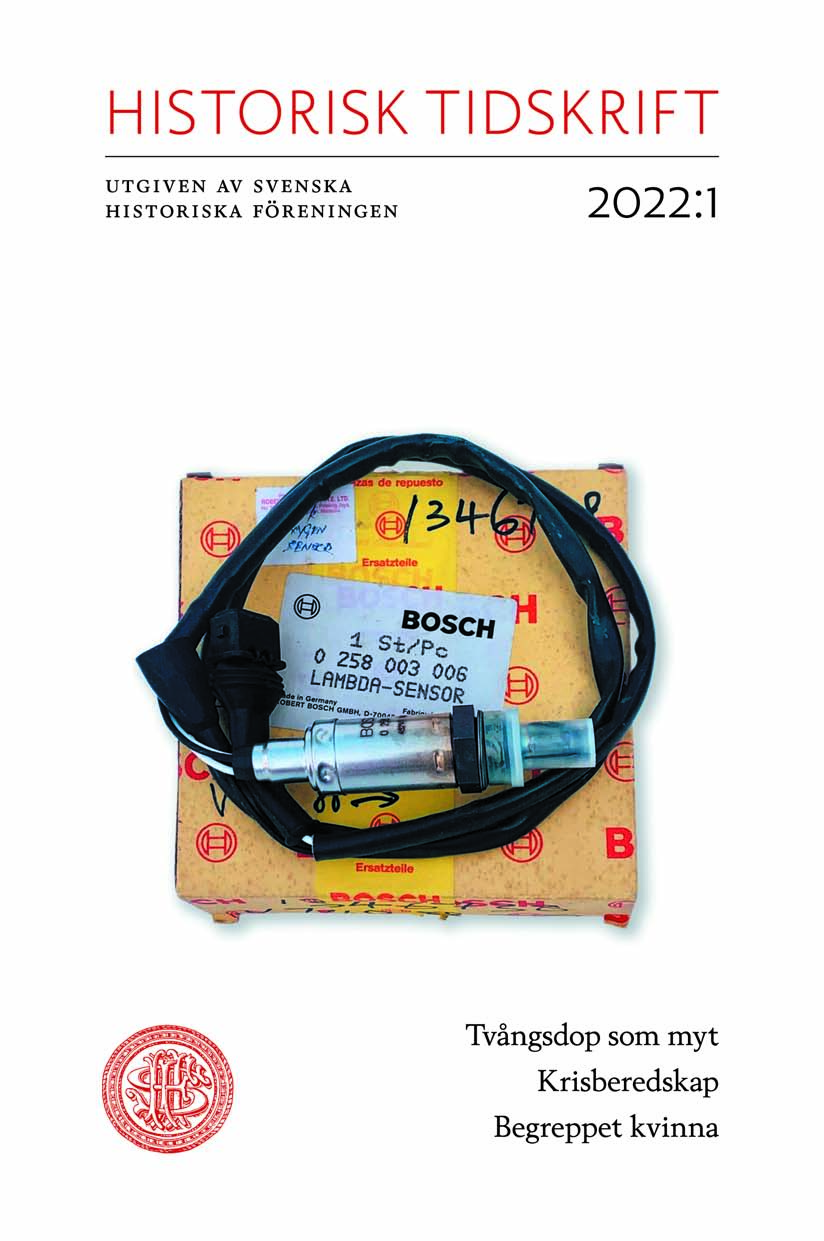Abstract
Biopolitical preparedness: The impact of the behavioral science research of the Swedish National Defense Research Establishment (FOA) on Swedish crisis preparedness
During the post-war period, major research investments were made to improve military and defense capabilities both in Sweden and abroad. Much remains undone as to exploring the impact of the Swedish National Defense Research Establishment (FOA) on Swedish state and society. Historians have primarily explored the development and impact of technological and natural science research and its connections with e.g. the military industry. This article provides new insights into the societal and political significance of Swedish defense research by studying the human sciences at FOA. At the same time, new insights are gained on the knowledge provision in Swedish preparedness efforts. The aim of the article is to provide new knowledge about the influence of Swedish defense research on the Swedish civil defense and crisis preparedness in the late 20th century. The purpose of the article is to explore the significance of behavioral science research at the Department of Human Sciences (FOA 5) in relation to a process at the end of the Cold War in which crisis and preparedness were framed as problems pertaining to population behavior and risk awareness. The analysis is inspired by the theory and research on biopolitics, originating in the works of Michel Foucault. I examine the influence of FOA’s behavioral science research in relation to what I call “biopolitical preparedness,” which refers to an assemblage of research or knowledge about human life, health and behavior, and political governance. Empirically, the article explores Swedish governmental commissions (statens offentliga utredningar) and FOA reports.

